This article was co-authored by Kelli Miller, LCSW, MSW and by wikiHow staff writer, Eric McClure. Kelli Miller is a Psychotherapist based in Los Angeles, California. Kelli specializes in individual and couples therapy focusing on relationships, depression, anxiety, sexuality, communication, parenting, and more. Kelli also facilitates groups for those struggling with alcohol and drug addiction as well as anger management groups. She is the author of “Professor Kelli’s Guide to Finding a Husband” and the award-winning and best-selling book “Thriving with ADHD”. Kelli co-hosted an advice show on LA Talk Radio and is a relationship expert for The Examiner. She received her MSW (Masters of Social Work) from the University of Pennsylvania and a BA in Sociology/Health from the University of Florida.
There are 14 references cited in this article, which can be found at the bottom of the page.
This article has been viewed 6,203 times.
If you want to improve moods, lift spirits, and become more well-liked at school, being as kind as you possibly can is an awesome way to do it. If you want to be the best version of yourself at school, we’ll walk you through everything you can do. Remember, so long as you make an effort every day to be a kind and honest person, you’re making progress. Nobody changes everything about who they are overnight, so just focus on improving and you’ll get there!
Steps
Mind your manners.
-
Saying “please” and “thank you” goes a long way at school. Hold the door open for other students when they’re walking behind you. Follow your teachers’ classroom rules. Raise your hand instead of speaking out when you know the answer, and thank students when they’re passing you papers per the teacher’s request. These are small things, but people will really take note![1] X Research source
- A lot of students don’t demonstrate good manners because they think it’s about following rules. In reality, manners are all about respect. All of these little acts of kindness signal to others that you appreciate them.
Keep a smile on your face.
-
People naturally feel better when others smile at them, so smile away. This is a very tiny thing, but if you want to be nice to others, smile at them. Looking at a happy face will instantly brighten someone’s day, so keep smiling to extend that kindness to everyone at your school.[2] X Trustworthy Source PubMed Central Journal archive from the U.S. National Institutes of Health Go to source
- On top of the fact that people will feel better when you smile, you’ll feel better too! Smiling can actually trick your brain into thinking things are really good—even if you’re a little bummed or upset about something.[3] X Research source
Compliment other students and teachers.
-
Give at least one good, unsolicited compliment every day. Go out of your way to tell people what they’re doing right. Not only is this a nice thing to do, but it’s also a great way to build your relationships with people and improve the way people see you.[4] X Expert Source

Psychotherapist Expert Interview. 2020 July 21. Students and teachers like being around people who make them feel good, so spread the love everywhere you go![5] X Research source- Tell that kid in the hall that you love the outfit they wore to school. If the other kids are poking fun at a kid’s new haircut, tell them you think it looks really good.
- You know what teachers love to hear? “That was a great lesson.” The teachers really love being recognized for their hard work, so let them know when they’re crushing it.
Listen and empathize with others.
-
Look people in the eye when they speak and absorb what they say. It can be easy to feel like you’re living in your own little world sometimes, and your ability to feel what other people feel can go a long way when it comes to developing a kind attitude. When people talk to you, listen carefully and focus on the way they feel.[6] X Expert Source

Psychotherapist Expert Interview. 2020 July 21. You’ll find it much easier to be kind if you’re tuned into the people around you.[7] X Trustworthy Source Harvard Business Review Online and print journal covering topics related to business management practices Go to source- Never interrupt when people are talking. Aside from the fact that it’s rude, it makes it impossible to really absorb what someone is saying to you.
Ask people about themselves.
-
Take an interest in other people when you talk to them. People really like talking about themselves, and it’s easy to get so caught up in your own headspace that you end up responding to people by talking about yourself. Whenever you’re talking to someone about what they’ve been up to, or how their weekend was, ask meaningful follow-up questions. Be curious about their passions. They’ll really appreciate it![8] X Research source
- For example, if you ask a friend what the did over the weekend and they say, “Nothing really, I just played some games,” you may be tempted to say something like, “Oh, that’s cool,” or, “Yeah, me too.” Don’t! Ask, “What games did you play?” or, “Do you normally play a lot of games?” Dig deeper!
Practice daily acts of gratitude.
-
Tell people how much you appreciate them when they lend you a hand. If a teacher takes the time to explain something to you at lunch, let them know that you really appreciate them helping you out. If another student helps explain a concept you found confusing in class, tell them how smart they are and explain how much you appreciate it. Every day, make an effort to let people know how thankful you are for them.[9] X Research source
- Not only will this make other people feel better, but it will make you feel better, too! Practicing gratitude is one of the best ways to improve your overall mood and attitude.
Help people whenever you can.
-
Volunteer to help your teachers and be a good friend to your classmates. If someone is struggling in class, offer to show them how to solve the problem. If a teacher is carrying a stack of papers and they’re struggling to open the door to their class, rush up and do it for them. Even the smallest acts of help can really improve someone’s day, so don’t hesitate to be a resource for others.[10] X Research source
- This is big when it comes to the way teachers perceive you. If you raise your hand when they ask for help cleaning up in class or passing papers out, they’ll remember!
Include people in your games or group projects.
-
Inviting the unpopular kid to join in is one of the kindest things you can do. It’s easy to stick to your friend group, but try inviting others along. You’d be surprised how much this can mean to the kid who gets picked last for basketball, or the student in your class who nobody wants to work with. It’s easy to be nice to people you already like, but when it comes to the kids who may not be the most popular, make it your job to extend that kindness.[11] X Research source
- This is the kind of thing other people will notice as well. If you want to be nice because you want more people to like you, this is a great way to do it!
Have positive energy.
-
Greet people kindly, cheer people up, and be a generally warm person. Try to be genuine, kind, and pleasant. If you aren’t in the best mood, that’s okay, but don’t take it out on others.[12] X Expert Source

Psychotherapist Expert Interview. 2020 July 21. Be friendly—even with students you know that well, or teachers you don’t like. Do your best to express enthusiasm for your teachers’ activities, and try to cheer people up if they seem a little down. The warmer you are, the happier people will be around you.[13] X Trustworthy Source PLOS ONE Online peer-reviewed, open access scientific research journal Go to source
Resist the urge to gossip.
-
Kids love gossiping and spreading rumors, but stay out of it. You probably know this as well as anyone, but the rumor mill at school can be brutal. As tempting as it may be to feel included when the kids are snickering and talking trash, stay out of it. It’s important when it comes to being a decent person, but it’s also a key part of being nice to others at your school.[14] X Research source
- This is also a key part of building your reputation as a kind person. If someone comes to you when they’re talking trash about people behind their back, the other kids will find out eventually.
Don’t lash out at others when you’re angry.
-
Keep your cool, take a few deep breaths, and don’t act out in the moment. You know how it goes at school—kids have bad days and good days. If someone is pushing your buttons or being rude, brush it off. Don’t let people get under your skin! You never know what’s going on in someone’s personal life, and if that rude kid comes back to apologize, they’ll remember your restraint and appreciate the kindness.[15] X Trustworthy Source Greater Good Magazine Journal published by UC Berkeley's Greater Good Science Center, which uses scientific research to promote happier living Go to source
- This isn’t to say that you shouldn’t stand up for yourself. If someone is crossing a line or violating your personal space, tell them to step off and get a teacher.
Stand up for kids who get bullied.
-
If a student is being bullied, tell them to stop and get a teacher. Do not ignore cruelty when you see it. Tell the bully to cut it out, grab a teacher, and encourage the bully to reflect on what they’re doing. If necessary, take the target of the bully out of the area yourself to get them out of harm’s way. Whatever you do, stand up for others when they need help.[16] X Research source
- If other kids are laughing or following along with the bully, say, “What’s the joke? What’s funny about this? Do you all feel good about what you’re doing right now?” Often, it takes one person pointing out the cruelty to get others to reexamine their behavior.
- Don’t put yourself in harm’s way. If things have the potential to turn physical or you’re being threatened, get out and get help.
- Remember, even if the bully calls you a snitch or whatever, there’s absolutely no shame in getting an adult.
Join a club that fights for a good cause.
-
Being nice isn’t just about being nice to people you know. Whether it’s a climate change awareness group or a club that raises funds for kids in need, join a group that focuses on a cause you care about. Not only will you have fun with other students, but you’ll spread positive vibes and extend your kindness to the rest of the world.[17] X Research source
- If your school doesn’t have a club that focuses on a cause you care about, talk to a teacher you like about starting a new club!
You Might Also Like


 How to Be a Better Person: A Guide to Self-Improvement
How to Be a Better Person: A Guide to Self-Improvement





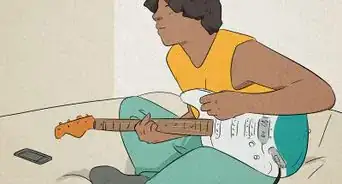

 How to Let Go of Deep Regrets (Even When It Feels Impossible)
How to Let Go of Deep Regrets (Even When It Feels Impossible)



References
- ↑ https://kidshealth.org/en/teens/gratitude-practice.html
- ↑ https://www.ncbi.nlm.nih.gov/pmc/articles/PMC6356968/
- ↑ https://www.sciencedaily.com/releases/2019/04/190412094728.htm
- ↑ Kelli Miller, LCSW, MSW. Psychotherapist. Expert Interview. 2020 July 21.
- ↑ https://www.operationwarm.org/newsroom/blog.html/article/2017/07/06/50-nice-things-to-say-to-a-friend
- ↑ Kelli Miller, LCSW, MSW. Psychotherapist. Expert Interview. 2020 July 21.
- ↑ https://hbr.org/2014/01/three-ways-leaders-can-listen-with-more-empathy
- ↑ https://www.scientificamerican.com/article/the-neuroscience-of-everybody-favorite-topic-themselves/
- ↑ https://kidshealth.org/en/teens/gratitude-practice.html
- ↑ https://www.theatlantic.com/magazine/archive/2019/12/stop-trying-to-raise-successful-kids/600751/
- ↑ https://news.stanford.edu/news/2014/december/altruism-triggers-innate-121814.html
- ↑ Kelli Miller, LCSW, MSW. Psychotherapist. Expert Interview. 2020 July 21.
- ↑ https://journals.plos.org/plosone/article?id=10.1371/journal.pone.0120639
- ↑ https://www.wordeffect.org/Impact-of-Gossip/our-schools
- ↑ https://greatergood.berkeley.edu/article/item/scientific_reasons_to_be_nice_online
- ↑ https://www.psychologytoday.com/us/blog/your-wise-brain/201804/stand-bullies
- ↑ https://theconversation.com/five-reasons-why-being-kind-makes-you-feel-good-according-to-science-92459
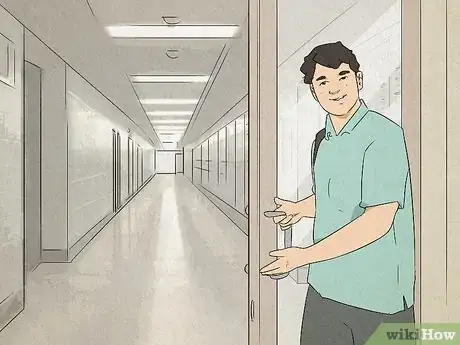

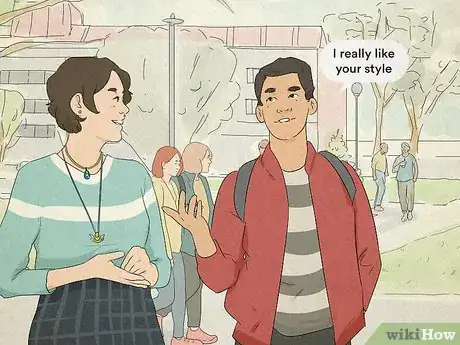
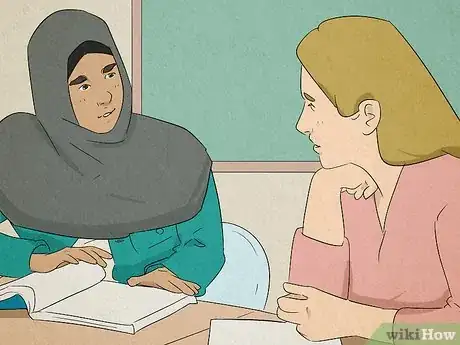
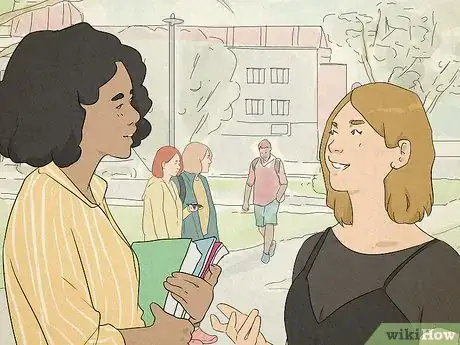
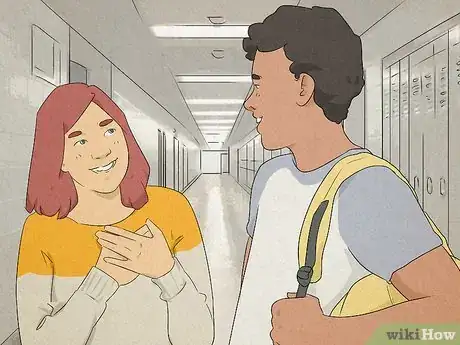
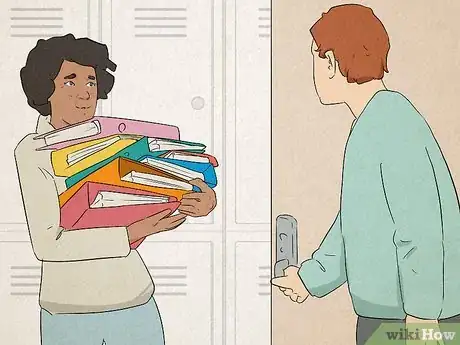
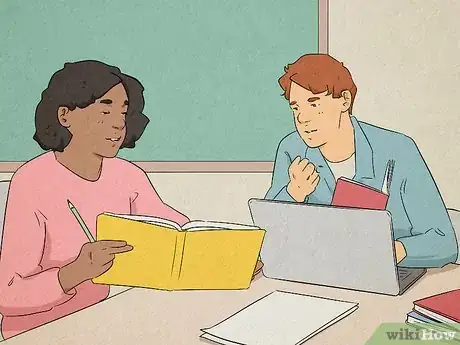
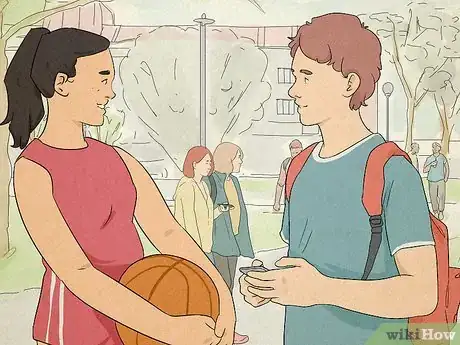
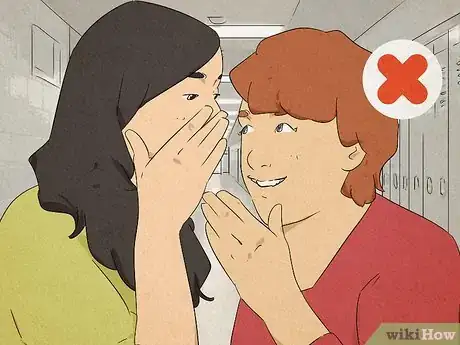
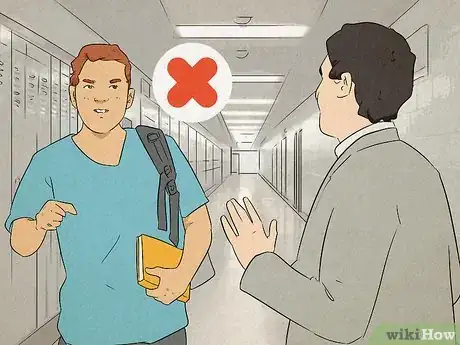
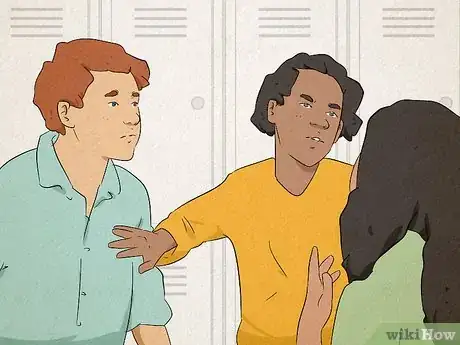
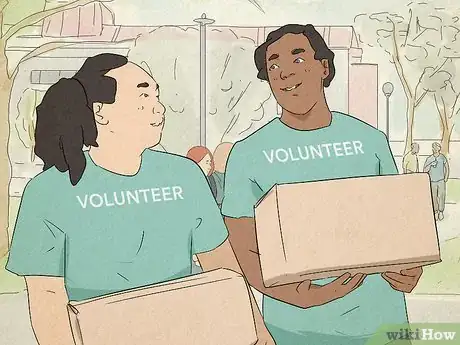













































Medical Disclaimer
The content of this article is not intended to be a substitute for professional medical advice, examination, diagnosis, or treatment. You should always contact your doctor or other qualified healthcare professional before starting, changing, or stopping any kind of health treatment.
Read More...